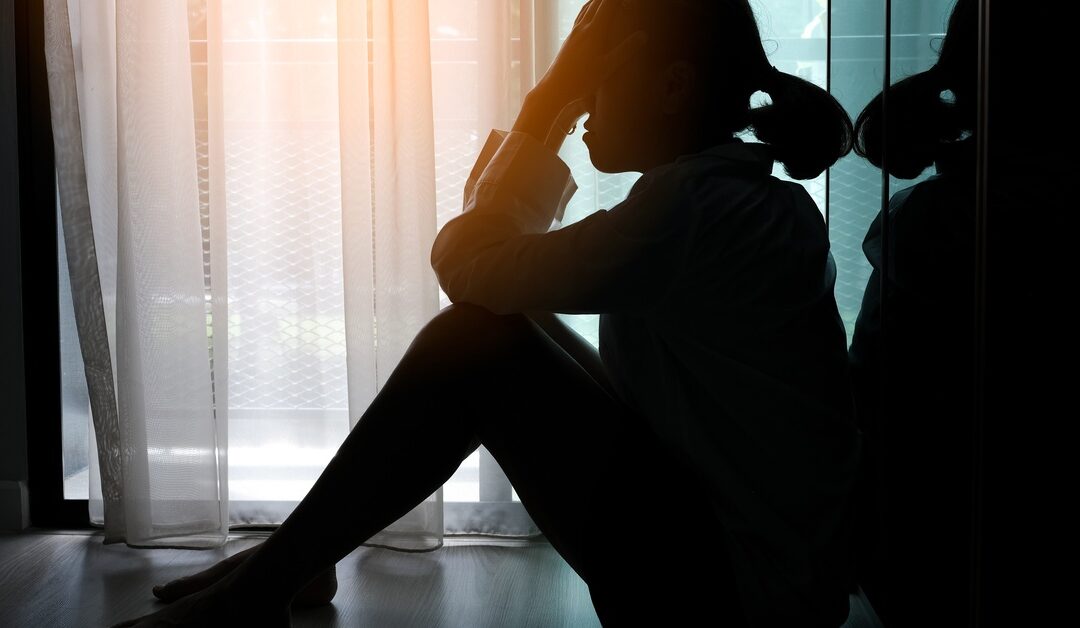Some may have some confusion about which condition they have when they seek assistance for their mental health. For example, bipolar disorder and depression have multiple similarities. These conditions may leave patients unsure if they have one or the other.
However, these two also have distinct differences, including how they manifest themselves and how mental health professionals treat them. Read on to learn about the differences between bipolar disorder and depression. Understanding these distinctions will provide you with advantages when it comes to your care.
What Is Bipolar Disorder?
Clearly defining each condition is important. People with bipolar disorder often experience dramatic shifts in mood, energy, and activity levels. They cycle between high-energy manic phases and low-energy depressive episodes.
These shifts can be mild or extreme, disrupting the individual’s ability to function, as well as their relationships and professional lives. Individuals may feel abnormally elated, overly energized, or irritable during manic episodes.
Reckless spending or risky decision-making may cause individuals to engage in impulsive behaviors. They may also experience racing thoughts or have difficulty focusing.
Hypomania, a less intense form of mania, involves elevated moods and increased productivity but without the same degree of life disruption. People with bipolar disorder who have depressive episodes often experience symptoms such as prolonged sadness, lost interest in activities, fatigue, and feelings of worthlessness.
Health professionals currently recognize several types of bipolar disorder, including Bipolar I, Bipolar II, and Cyclothymic disorder. Bipolar I typically involves more pronounced manic episodes, while Bipolar II features less intense hypomanic episodes alongside major depressive episodes. Cyclothymic disorders involve less severe but chronic mood cycling.
You can also gain a further understanding of your bipolar disorder and better manage it by learning about the aspects that cause it. It can often result from a complex interplay of genetic predispositions, brain chemistry, and environmental triggers, such as stress or trauma.
What Is Depression?
People experiencing depression, also known as “major depressive disorder,” often experience constant sadness and a lack of motivation. This condition causes people to experience a consistent low or negative emotional state that impacts their daily lives.
Some of depression’s other key symptoms also include significant changes in appetite or weight, indecisiveness, fatigue, irritation, and disrupted sleep patterns. Patients experiencing major depressive episodes might struggle to stay engaged with work, maintain personal relationships, or find pleasure in life. While some patients’ episodes of major depression may resolve themselves over time, recurrent depression can also occur, resulting in multiple episodes throughout an individual’s life.
Many things may cause your depression, making it a highly individualized condition. Once again, biological factors, such as genetics or changes in brain chemistry, can contribute to its development. However, emotional and environmental factors, such as trauma, relationship difficulties, chronic stress, or loss, can also trigger or exacerbate depressive symptoms.
Differentiating depression from occasional feelings of sadness or low energy is important. Unlike the momentary lows that people feel from time to time, true depressive episodes involve persistent, overwhelming symptoms that interfere with functionality and require immediate clinical attention.
How Do the Two Differ?
Although the differences between bipolar disorder and depression are many, several key aspects distinguish each condition from the other. Read about the differences below.
Bipolar Disorder May Take Longer to Diagnose
Diagnosing bipolar disorder often involves a more complex, lengthy process compared to depression. This challenge primarily occurs because bipolar disorder often mimics other conditions. For example, without observing the manic episodes, clinicians may initially identify the symptoms as unipolar depression.
Or the psychiatrist may mistake their bipolar disorder for anxiety disorder if the patient has anxiety. Additionally, a clinician may incorrectly diagnose your bipolar disorder for schizophrenia if you experience hallucinations with your depression. Years can pass before the full spectrum of symptoms becomes apparent for some individuals, leading to longer delays before they receive an accurate diagnosis.
Depression Patients Do Not Experience Manic Episodes
Something else that separates bipolar disorder from depression is the lack of manic episodes. While individuals with depression may report energy fluctuations, these fluctuations do not reach the heightened levels that are characteristic of mania or hypomania.
Depression displays a different, more linear progression that remains within the bounds of a consistently low emotional state without these periods of elevated mood. This difference can influence treatment approaches and outcomes.
Patients Take Different Medications for Each
The unique nature of bipolar disorder and depression calls for tailored pharmacological strategies. Psychiatric treatments must account for the presence or absence of mania, the frequency of mood episodes, and patient response to specific drugs.
Clinicians will often prescribe mood stabilizers for bipolar disorder to minimize the extremes of manic and depressive episodes. They may also prescribe anticonvulsants, such as valproate, to stabilize patients’ moods. Patients can also use antipsychotics, such as quetiapine, for managing manic episodes or combined symptoms.
Professionals may also prescribe antidepressants alongside mood stabilizers. However, psychiatrists should monitor their patients closely when they prescribe these since improper use can trigger manic symptoms.
Clinicians often treat depression with selective serotonin reuptake inhibitors that address imbalances in neurotransmitters believed to contribute to depressive symptoms. Examples of these treatments include fluoxetine or sertraline. Doctors may explore alternative classes of antidepressants, such as bupropion, or non-pharmacological options, such as psychotherapy if patients are unresponsive to these first-line treatments.
The psychological and emotional needs of patients often differ depending on their diagnosis, and effective treatment plans must target the unique dynamics of each patient’s condition. Medication remains an essential tool in mental health care but rarely acts as the sole intervention. Therapy and lifestyle adjustments also frequently play pivotal roles.
As we have seen, bipolar disorder and depression can impact individuals in similar ways but are profoundly different. Patients can enhance their treatment and enjoy more fulfilling lives by better understanding their conditions.
Reach out to the Neuropsychiatric Clinic today if you need depression or bipolar treatment in Atlanta, Georgia. Our team members have vast experience in helping patients with these conditions and will work with you to develop a tailored treatment program that will significantly improve your mental health.


